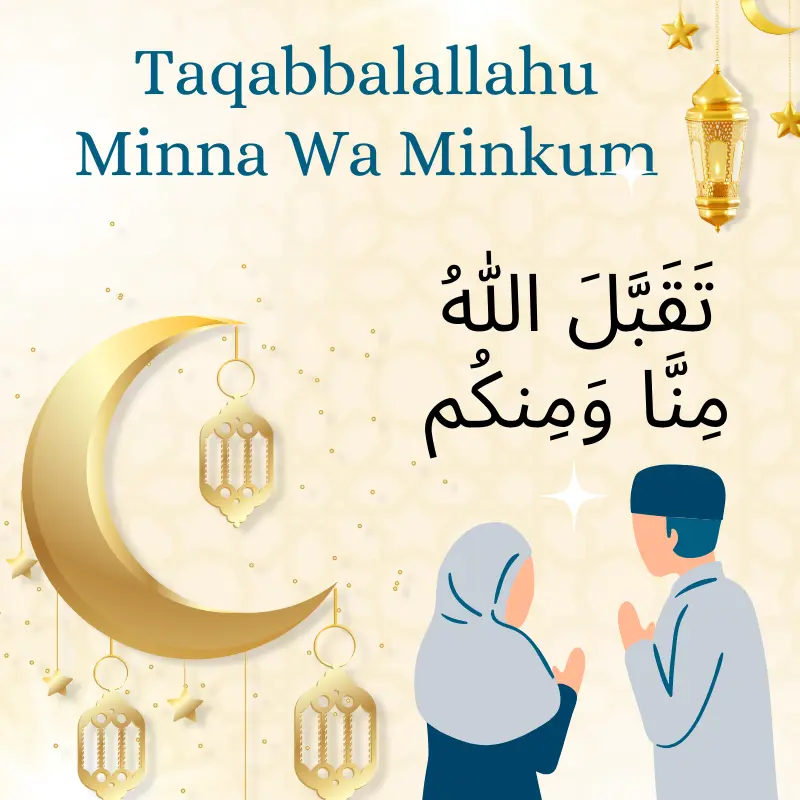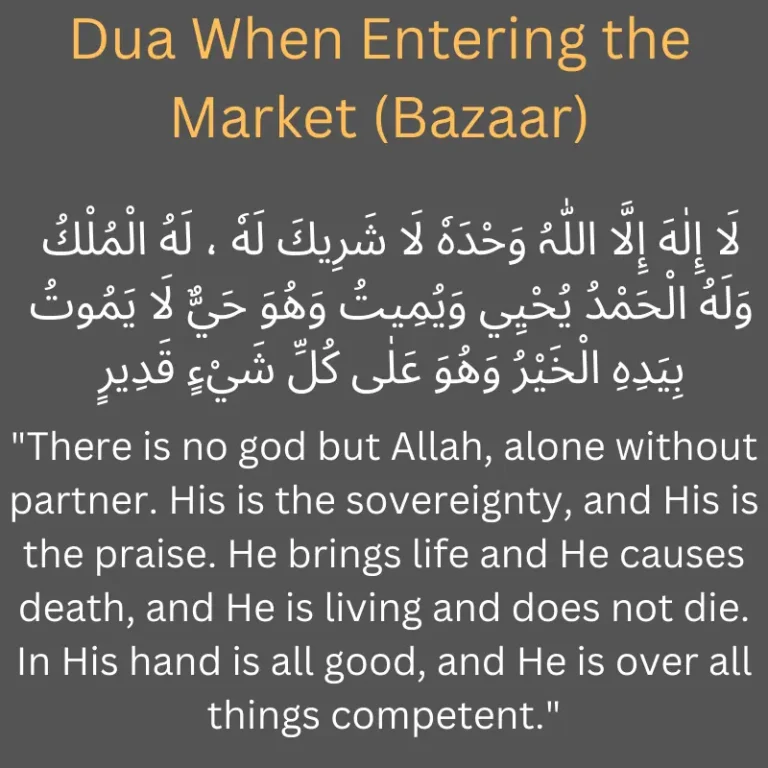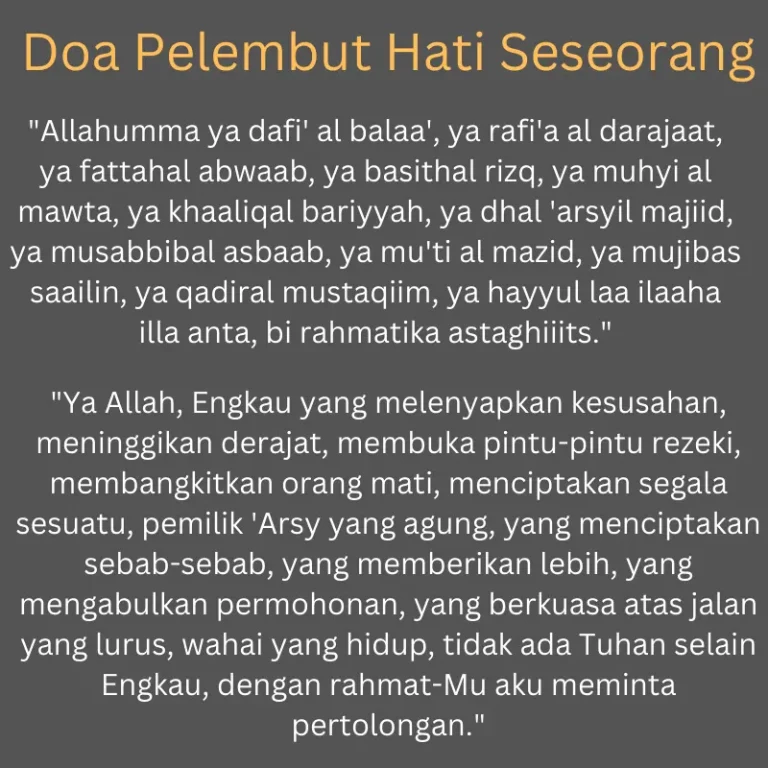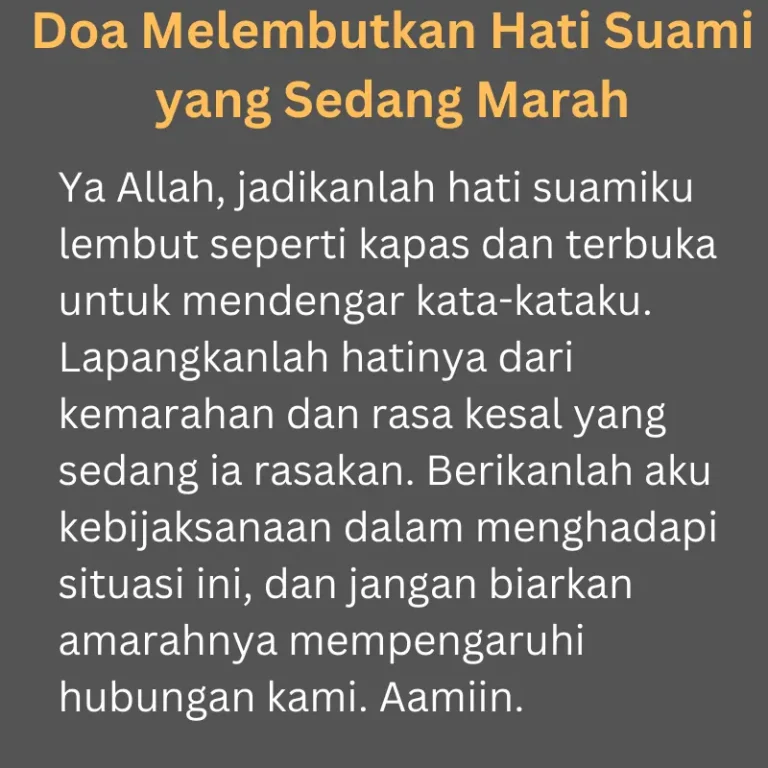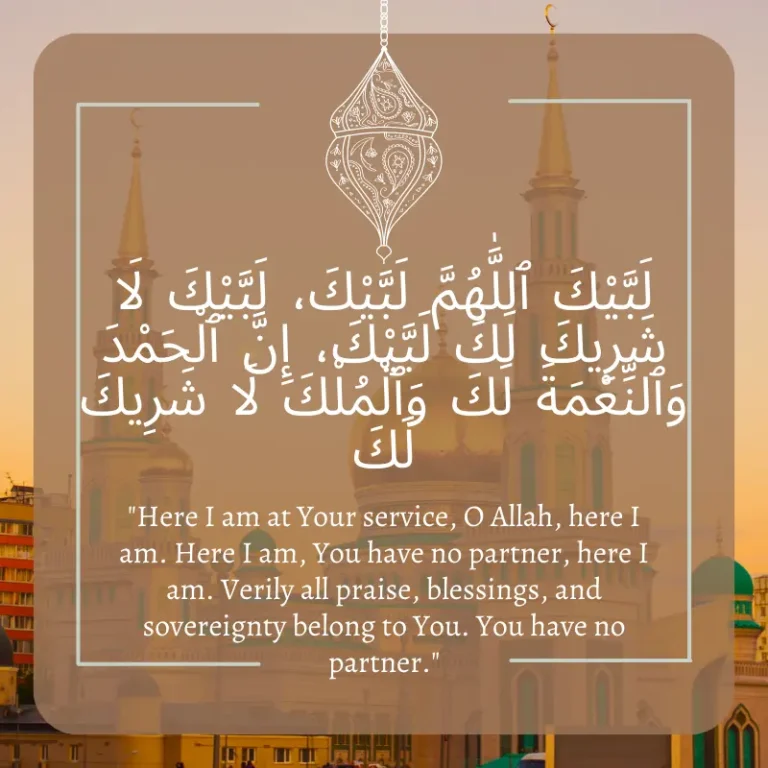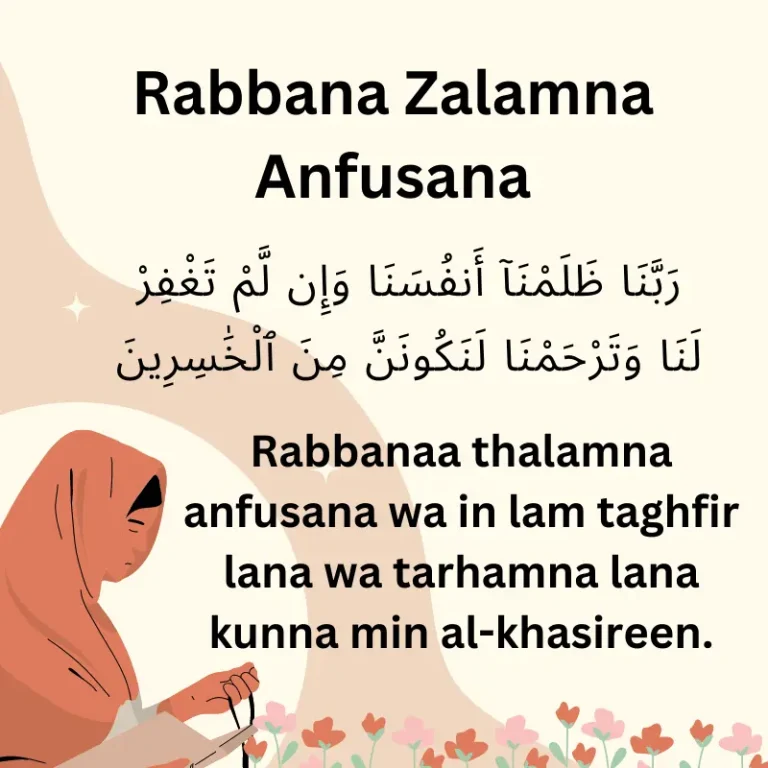Taqabbalallahu Minna Wa Minkum: Understanding the Blessing of Eid
Eid is a joyous occasion celebrated by Muslims around the world. One of the most heartfelt greetings exchanged during this time is “Taqabbalallahu Minna Wa Minkum.” In this article, we’ll explore the meaning, significance, and cultural context of this beautiful phrase, delving into the essence of Eid and the values it embodies.
Taqabbalallahu Minna Wa Minkum In Arabic
تَقَبَّلَ اللهُ مِنَّا وَمِنكُم
Taqabbalallahu Minna Wa Minkum In English
“May Allah accept from us and from you.”
The Essence of Eid
Eid holds a special place in the hearts of Muslims. It marks the end of Ramadan, a month of fasting, prayer, and self-reflection. The joyous celebration of Eid al-Fitr allows Muslims to come together, express gratitude, and rejoice in their faith.
The Meaning Behind “Taqabbalallahu Minna Wa Minkum”
“Taqabbalallahu Minna Wa Minkum” is an Arabic phrase that translates to “May Allah accept [good deeds] from us and from you.” This warm greeting is exchanged among Muslims during Eid, symbolizing a shared desire for Allah’s acceptance of their fasting and prayers.
Cultural Significance
Beyond its religious significance, Eid is a celebration of cultural diversity. Muslims from various backgrounds unite in their common faith, emphasizing the values of unity, compassion, and togetherness.
Spreading Blessings and Good Wishes
When Muslims greet each other with “Taqabbalallahu Minna Wa Minkum,” they extend blessings and good wishes to one another. This exchange embodies the spirit of generosity and goodwill that defines the festive season.
Expressions of Gratitude
Eid serves as a reminder to be grateful for life’s blessings. The greeting encapsulates the gratitude Muslims feel for completing the holy month of Ramadan and the opportunity to draw closer to Allah through fasting and devotion.
Strengthening Community Bonds
Eid fosters a sense of community and solidarity. The phrase “Taqabbalallahu Minna Wa Minkum” reinforces the idea that Muslims are part of a larger family, bound by their shared faith and commitment to living virtuously.
A Time for Reflection
While Eid is a time of celebration, it’s also a time for self-reflection. Muslims evaluate their spiritual growth during Ramadan and aspire to carry the lessons learned into their daily lives.
How to reply to Taqabbalallahu?
The phrase “Taqabbal Allahu Minna Wa Minkum” is an Arabic greeting commonly used by Muslims during the Eid holidays, particularly after Ramadan and Hajj. It translates to “May Allah accept [good deeds] from us and from you.” When someone greets you with this phrase, you can respond with “Ameen, same to you” or simply “Ameen.” This response expresses your wish for their good deeds to be accepted by Allah as well.
Some Common Spellings:
- Taqabbal Allah hu minna wa min kum
- Taqabbalallahu minna wa minkum
- Taqabbal allahu minna wa minkum
- Taqabal-Allâhu minnâ wa minkum
What is the significance of “Taqabbalallahu Minna Wa Minkum”?
This phrase expresses the mutual wish for Allah’s acceptance of good deeds during Eid.
Is “Taqabbalallahu Minna Wa Minkum” only exchanged verbally?
While it’s commonly spoken, it can also be written in messages and cards.
What other greetings are exchanged during Eid?
“Eid Mubarak” (Blessed Eid) is another widely used greeting.
Can non-Muslims use this greeting?
Yes, using this greeting respectfully can foster understanding and goodwill.
How else is Eid celebrated apart from greetings?
Muslims engage in special prayers, feasting, giving to charity, and spending time with loved ones.
“Taqabbal allahu Minna Wa Minkum” encapsulates the spirit of Eid – a time of celebration, gratitude, and unity. This phrase transcends language barriers and serves as a reminder of the shared values that unite Muslims worldwide. As we celebrate Eid, let us embrace its message of acceptance, compassion, and renewal.

